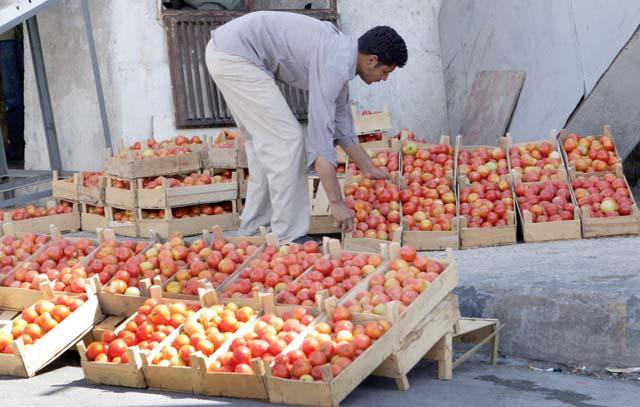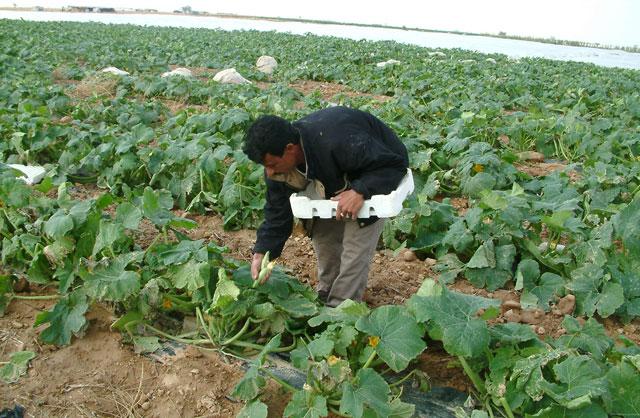AMMAN — Plans are under way to establish two animal quarantine zones and a cattle free-trade zone in the Kingdom, a senior government official said on Tuesday.
The animal quarantine zones will be established in the northeastern and southern regions, while the location of the cattle free-trade zone is yet to be determined, Agriculture Minister Akef Zu’bi said.
“The first quarantine station will be built in Aqaba, while the second will be built in Mafraq. They will be established on a build, operate and transfer formula,” Zu’bi told reporters at a press conference.
A memorandum of understanding is expected to be signed between the ministry and the Aqaba Special Economic Zone Authority within three months for establishing the animal quarantine in Aqaba.
“This is very important because until now, Jordan hasn’t had a regulated quarantine to protect human and animal health,” Zubi highlighted.
The two quarantine stations will be built in accordance with World Organisation for Animal Health standards and will serve as a hub for inspecting animals from the region.
“In addition, it is important to build animal quarantines in order to establish a planned cattle free-trade zone in Jordan, which will also boost the economy,” the minister added.
Underscoring that the King Abdullah II Fund for Development has been tasked with selecting the site of the cattle free-trade zone, Zu’bi said the two quarantine facilities will issue certificates showing whether cattle are healthy or not.
Also on Tuesday, the minister revealed that negotiations are ongoing with the Russian government to export local fruit and vegetables to Russia.
A final draft agreement has been prepared and is being studied by the Russian side for any amendments, Zu’bi said.
“If the Russian market is opened for our fruit and vegetables, it will be a big and important step. Our exports to Russia will be equal to all of our exports to Europe,” the minister said.
The planned agreement with Russia is also important at this time “because our agricultural exports dropped due to the unrest in Syria and Iraq”, he noted.
“Once the agreement is signed, the fruit and vegetables will be exported to Russia by private or official aircraft,” Zu’bi highlighted.
The minister told The Jordan Times that tomatoes, cucumbers, bell peppers and strawberries will be the main items exported to Russia.
During the press conference, Zu’bi also announced plans to “revive” the Jordan Cooperative Corporation, noting that the ministry formulated a “salvage plan” to improve its performance.
The corporation, which functions as an umbrella for the country’s 1,500 cooperative societies, supports societies that manage projects in the agriculture, tourism and handicraft sectors.
It also supports women’s and multipurpose societies.
This year, the corporation will start managing part of the Gulf war environmental compensation in Northern Badia, with JD1.5 million to be distributed to local cooperatives as loans.
“This will help activate the cooperative movement in the Northern Badia…” Zu’bi said.
The terrestrial ecosystems of the badia were severely damaged following the 1991 Gulf War, when masses of refugees and their livestock, estimated at 1.8 million sheep, goats and camels, crossed the borders and stayed in the country for several months.
In 2005, the United Nations Compensation Commission decided to grant Jordan $160.5 million in compensation for damage incurred by the Kingdom’s water, environment, wildlife, marine life and agriculture in the aftermath of the first Gulf war, in addition to $1.4 million to tackle the salinity of the country’s underground water basins.
The funds are used to support projects that focus on returning the badia’s ecosystem to its status before 1990 and tackle the negative consequences of random grazing and wildlife deterioration.


















